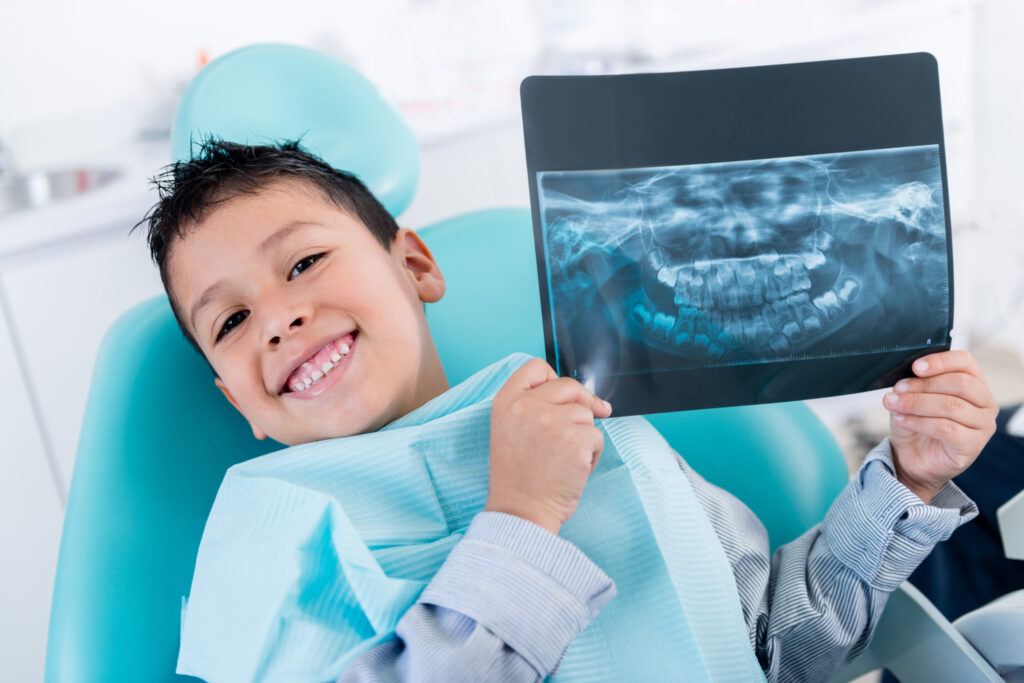
A seemingly harmless hobby may actually be putting your child’s oral health at risk. If your child participates in the school band or is learning an instrument at home, there can be underlying health risks. This is particularly true if your child plays instruments such as the flute, saxophone, or clarinet. Instruments that require contact with the mouth can be a home for germs and bacteria. Here’s what you can do to keep your child healthy.
The Risk of a Musical Instrument
The potential issue is not with the instrument’s mouthpiece alone. Children who join their school’s band program often get instruments loaned to them. If the instrument is not properly sanitized between students, bacteria and fungi can grow for months after use. According to the Academy of General Dentistry, woodwind and brass instruments are most commonly affected. Proper sanitation can reduce the bacteria found covering these instruments.
The Dangerous Effects of Bacteria
A 2011 study published in the journal of the Academy of General Dentistry uncovered the extent of bacteria in school instruments. Thirteen instruments were tested from a high school after one week of being played, and over 442 different types of bacteria were found. Aside from bacteria, molds and yeasts were also discovered on the instruments. Many types of bacteria can be dangerous and cause staph infections, asthma, and skin infections. Doctors are starting to find certain bacteria that are resistant to antibiotics, which makes cleaning your child’s instruments even more important.
Reducing the Risk
Not only is it extremely important to sterilize your child’s instrument after someone else uses it, but you should be cleaning the instrument after every use. Focus on keeping the mouthpiece clean and free of bacteria. Taking the instrument apart and cleaning it with a new cloth daily can help keep bacteria at bay.
Learning a musical instrument can be an educational and a rewarding experience for your child. Knowing about the risks of improper sanitation and the correct steps to take to sanitize your child’s instrument will help them stay healthy. Our Capitol Hill Pediatric Dentist office encourages families to visit the dentist at least twice a year to avoid oral health complications. For more information or to schedule your next appointment, please contact us today.
Capitol Hill Pediatric Dentistry
Phone: (202) 849-3292
Url: https://capitolhillpediatric.dentist/
650 Pennsylvania Ave, SE, Suite 220
Washington, DC 20003









